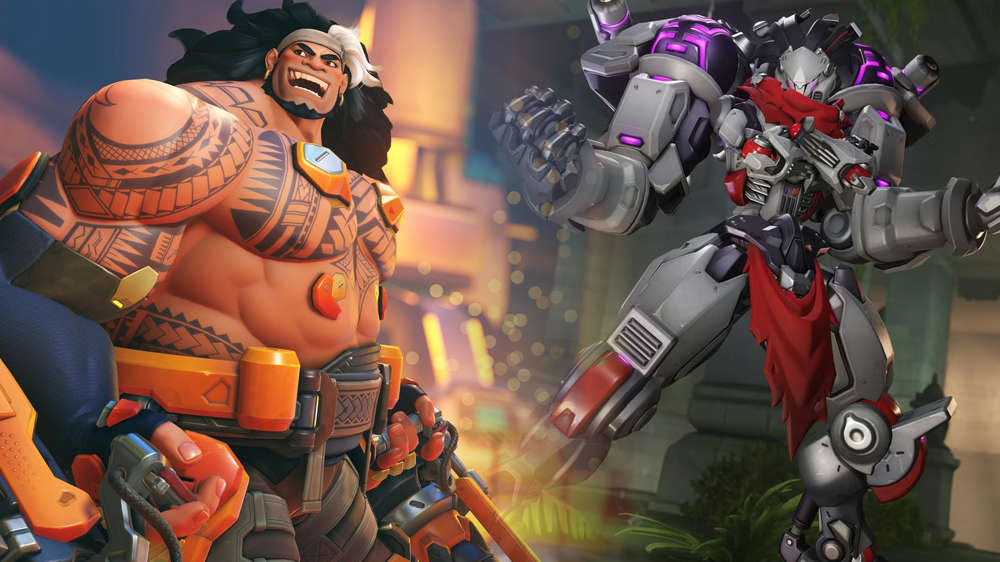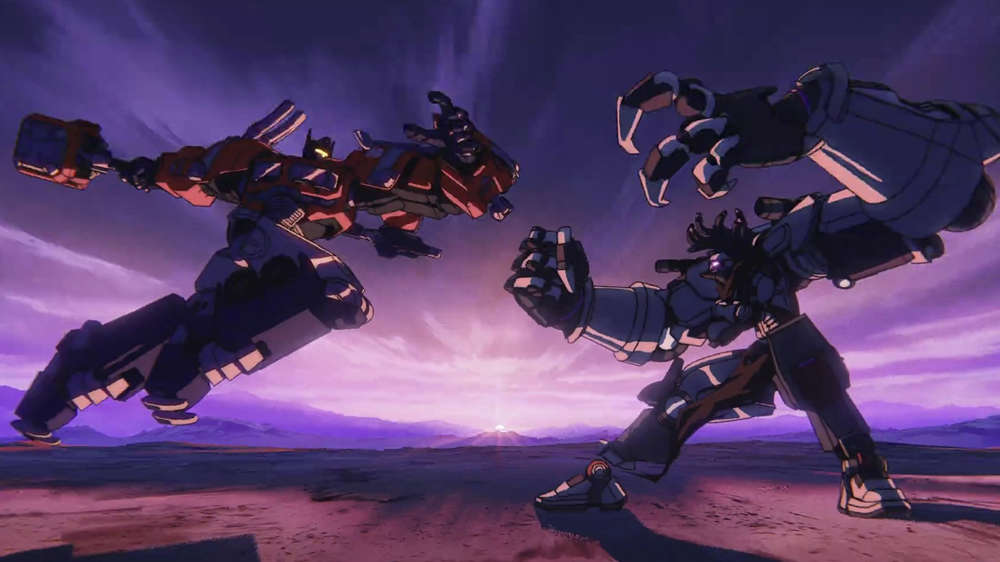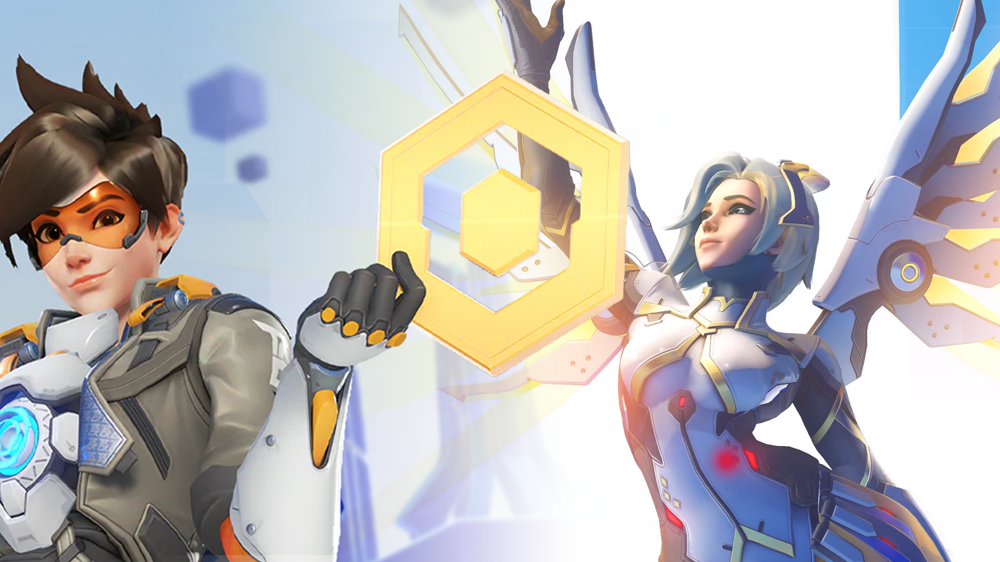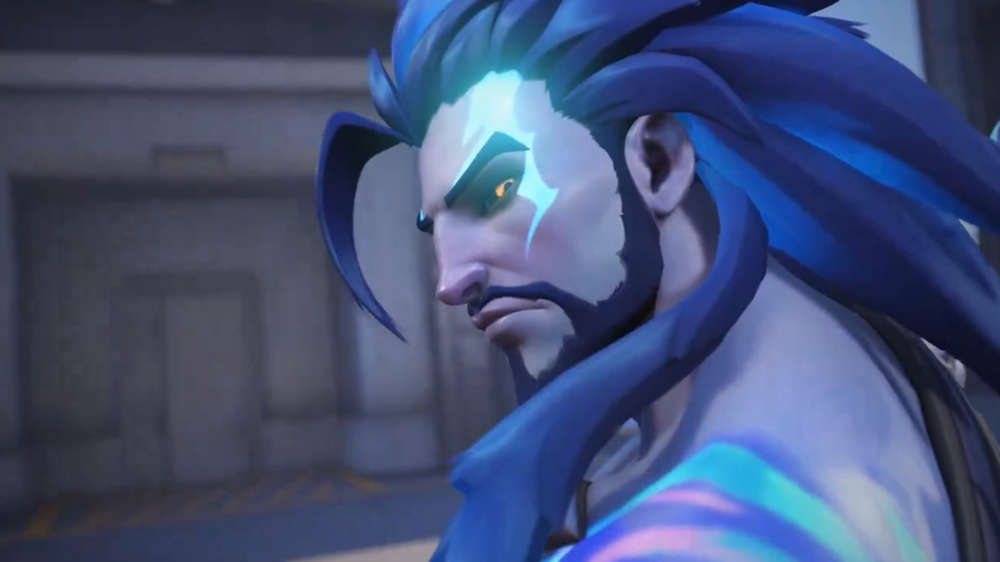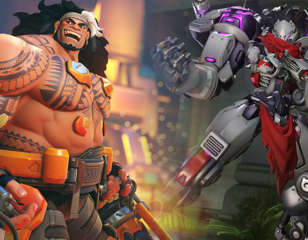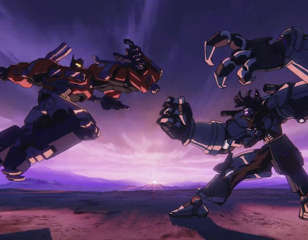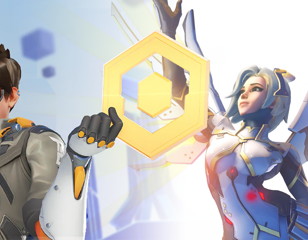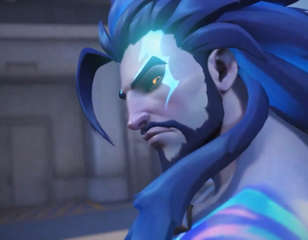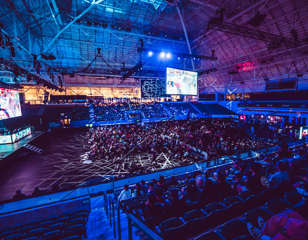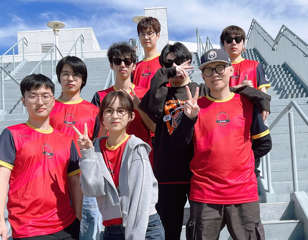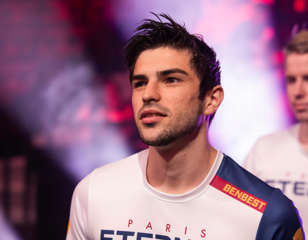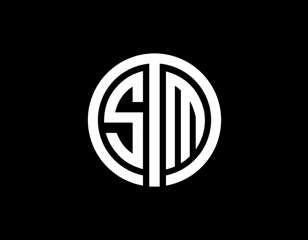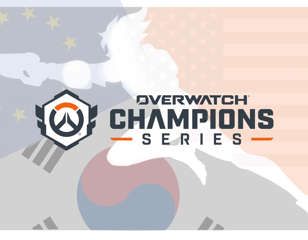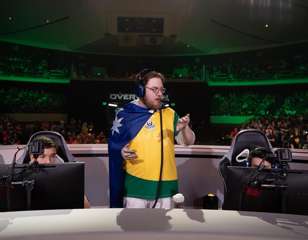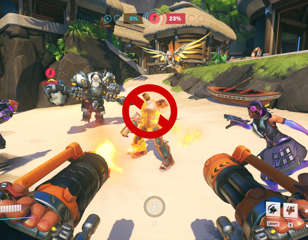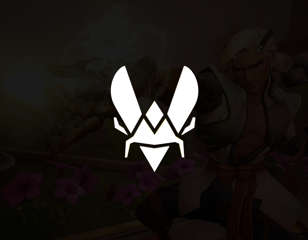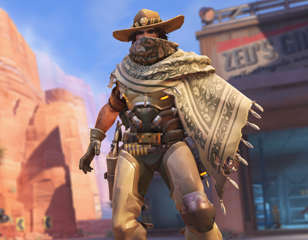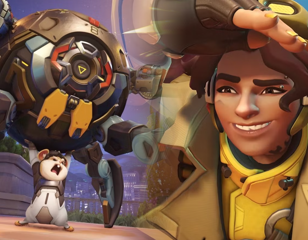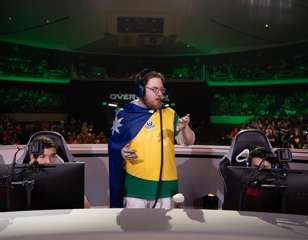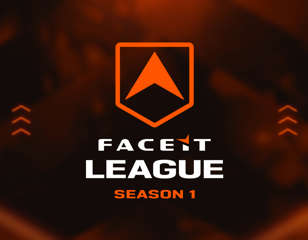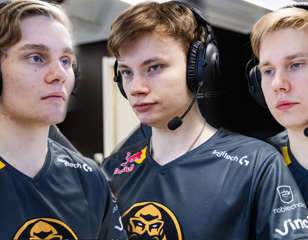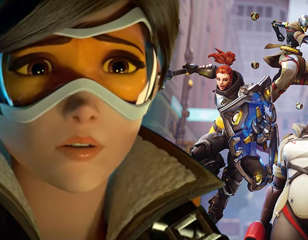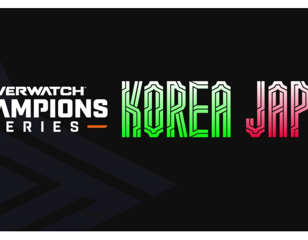Toronto Defiant CEO on OWL's foundational issues and Overwatch esports' future
A month after the official demise of the Overwatch League, OverActive Media CEO Adam Adamou shares his thoughts on OWL's irreconcilable problems, learned lessons, and why he's bullish on Overwatch esports.

Sascha Heinisch
06th Dec 2023 17:43
Image via Toronto Defiant
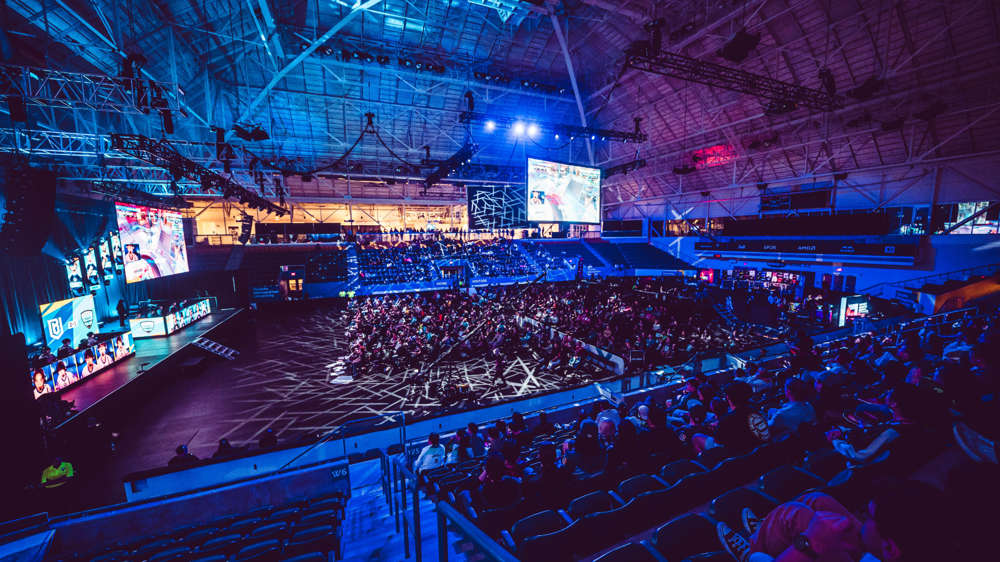
It’s been a month since the parent company of Toronto Defiant, OverActive Media, announced its exit from the Overwatch League, implying a negative outcome for a vote on the continuation of the League. Shortly after, an OWL spokesperson would state that Overwatch esports would be “transitioning from the Overwatch League and evolving competitive Overwatch in a new direction.”
Since then, there has been radio silence from official sources.
Third-party tournament organisers have been reported to be taking on key positions in the future of the esport. With an announcement of a new system inbound sooner or later, stakeholders in the scene are trying to strategise around the limited information available to the public, wondering if this esport is still worth betting a future on.
“As we transition into the next phase of Overwatch esports, we look forward to the opportunities that lie ahead,” OverActive Media quoted its CEO Adam Adamou in its release, positioning itself as one of the interested parties in the space.
In an interview with GGRecon, Adamou talked about the reasons for his company’s continued belief in the space, irreconcilable foundational issues in the team participation agreement, the impact of COVID, the financials of homestands, the future of Overwatch esports, and more.
Still believing in Overwatch
“As a game, Overwatch can be more popular in the US than VALORANT,” Adamou speculates, explaining that to his knowledge, Blizzard Entertainment’s FPS title still boasts a sizeable player base in the country.
Admittedly, it has been years since Overwatch reached its peak cultural relevance and close to 100 million listeners were already Tracer. Publishers such as Riot Games and Blizzard Entertainment are notoriously cagey with giving detailed breakdowns of their monthly active users by game and country and therefore it proves challenging to evaluate the current status quo.
Taking those comparisons at face value for a moment, the difficulty of Overwatch esports to convert players to viewers became undeniable in the most recent pinnacle moments. While Overwatch League’s playoff viewership lost more than half its average minute audience year-over-year from season 5 to season 6 according to streaming analytics tool EsportsCharts, VALORANT’s Champions Tour was soaring, boasting more than four times the average audience of the OWL’s playoffs with a seven times higher peak.
“Riot is just so good at the esports, right?” Adamou states, explaining that fundamentally different business strategies are at play between the two companies, “Riot spends most of its marketing budget on esports. You're not going to see a big billboard on Broadway or on the Sphere. For VALORANT, they put it into their majors and their events and their prizes and the associated music and all the world championships that they do.”
Crucially, Riot Games' esports monetisation strategy did not revolve around selling broadcasting rights to Twitch and YouTube like OWL did, allowing their broadcast to live on multiple streaming platforms, shooting for breadth.
Overwatch League reportedly sold exclusivity for a reported $90 million USD to Twitch in 2018. As the contract concluded after two years, the broadcasting rights for all Activision Blizzard Esports broadcasts went to YouTube for a deal of $160 million, a strategic decision that Adamou now says was a mistake.
“Before the Overwatch League, and even in the first part of the Overwatch League, particularly during our time on Twitch [...] Overwatch was the number one channel on Twitch in terms of average minute audience,” the CEO said, elaborating that “we had to explore things at the time, and I don't blame the move to YouTube on Activision or Blizzard. It's a risk that was worth taking that didn't succeed.”
The future of Overwatch esports

Lowering barriers of entry for organisations and players while handing over production to regionalised third-party tournament organisers appears to be the way forward, with ESL FaceIT Group and WDG esports being located as the likely parties to carry Overwatch esports in North America and Europe as well as Asia respectively.
While Adamou didn’t comment on the validity of those reports, he thought out loud about what such a system would entail. For 2024, the CEO is advocating for a growth mindset of the scene, bringing in new teams, more tournaments, on more platforms, which would ideally lead to an increase in engagement and viewership.
“If there's going to be a future, we need to rebuild the fan base and I would like to see a huge number of teams in North and South America,” he explained, advising to “make it as easy for teams to enter as possible. I would like to see the same thing in Asia and Europe,” tagging on other policy suggestions such as region locking, securing the best broadcast talent, and a better relationship with the development team.
“It is critical that the developers are actively involved and passionate about the esport and I can't say that was the case during the Overwatch League,” Adamou said, while also sharing that the relationship had improved since the leadership change after Jeff Kaplan stepped down and Aaron Keller took over.
“I used our Grand Finals for the Overwatch League to spend a lot of time with Aaron and Jared to sell them on why they should care [about the esport],” he revealed, arguing that a closer relationship with its pro player base would also be mutually beneficial.
By the sound of things, Overwatch esports is entering a rebuilding phase during which it needs to prove its intrinsic worth as an entertainment product and once again excite an audience and other esports organisations to recommit to the title, proving to its developer its worth looking out for.

About The Author
Sascha Heinisch
Sascha "Yiska" Heinisch is a Senior Esports Journalist at GGRecon. He's been creating content in esports for over 10 years, starting with Warcraft 3.
Related
More Like This
OWL-winning Coach of the Year retires due to 'lack of financial incentives'
One of the main characters of the last two years of competitive Overwatch just retired, citing gruelling work hours and a lack of income opportunities. Is this yet another canary in the coal mine event for the esport?
51 weeks ago
